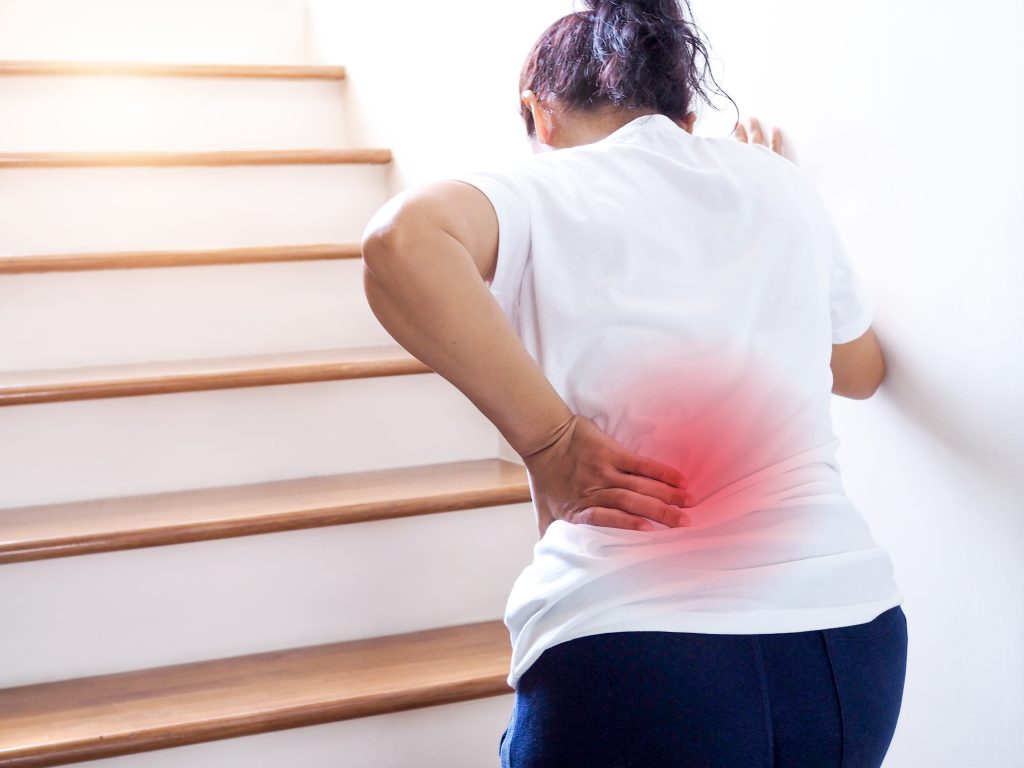Kidney stones can be a real nuisance and, in some cases, a serious health problem. It’s important to be familiar with the symptoms of kidney stones so you can catch the condition early.

Kidney Stones: Causes and Risk Factors
The term kidney stones refer to several types of blockages that can form in the kidneys, urethra, and bladder areas. Calcium oxalate is the most prevalent variety. These occur when calcium binds with oxalate, a compound found in the body as well as in many foods. Other kidney stone types are uric acid, cystine, and struvite. Causes of kidney stones include:
- Medical history — If you’ve had kidney stones in the past, you’re more likely to have them recur. Other illnesses such as kidney infections and Type 2 diabetes increases your risk, as do surgical procedures such as gastric bypass surgery. If you are overweight or obese.
- Family history/genetics — People in your family have had kidney stones.
- Diet — A diet high in sodium, animal protein, or high oxalate foods can increase your risk.
- Lifestyle — Lack of exercise. Not drinking enough water.
Top 5 Signs of Kidney Stones
Kidney stone symptoms will vary depending on the location, size, and type of stone. The following are five of the most common symptoms.
- Pain in the abdomen, lower back, or sides. The pain may spread to the lower abdomen and groin area, depending on where the stone is located.
- Pain while urinating. There may also be a frequent urge to urinate.
- Discolored urine. The urine may appear cloudy, pink, or red.
- Fever or chills.
- Nausea or vomiting. These symptoms, whether they indicate kidney stones or another problem, all warrant prompt medical attention. You want to get the issue diagnosed so you can get the proper treatment.
Signs of Passing a Kidney Stone
Approximately 60% of kidney stones pass on their own. Smaller kidney stones may pass unnoticed with minor or no symptoms at all. There are usually several stages of passing a kidney stone. You probably won’t be aware of the stones as they form as this phase is generally painless. As stones enter the kidney, they can cause severe symptoms, such as those listed above. You may notice spasms of symptoms that occur as often as every few minutes. The typical path of a kidney stone is to pass from the kidney to the ureter and then the bladder. As it enters the bladder, you may feel a frequent urge to urinate until the stone is expelled.
How to Manage and Prevent Kidney Stones
If you have any symptoms of kidney stones, you should see your doctor get an accurate diagnosis. If you have calcium oxalate or another type of kidney stone, you may receive medication to help them pass or to ease the pain. For larger stones, you may need surgery or a process such as shock wave lithotripsy, where shock waves are applied to break down stones or laser lithotripsy where they break up the stones with a laser. The following are some tips to help you pass kidney stones more easily and to reduce the chances of them recurring.
- Stay hydrated. Drinking a minimum of eight 6oz glasses of water daily helps kidney stones to pass and helps prevent new ones from forming. Fruit juices and lemonade contain potassium citrate, which has been proven effective at reducing kidney stones. However, avoid or reduce alcoholic and caffeinated beverages.
- Make changes to your diet. Depending on the type of kidney stones you have, dietary changes may be necessary. High oxalate foods should be avoided if you have calcium oxalate stones. Many legumes, nuts, and vegetables fall into this category, as do chocolate and soy. Too much animal protein is not recommended for kidney stones, especially uric acid stones. You should also cut back on sodium in your diet.
- Get moderate exercise. Strenuous exercise can contribute to kidney stones. However, light exercise such as walking, yoga, tai chi, or moderate cardio can be beneficial. It’s a matter of finding the right balance as both sedentary living and overstraining can be detrimental. One point to keep in mind is that when you sweat profusely, you tend to urinate less, which can contribute to the growth of kidney stones. For this reason, you should avoid saunas and steam rooms if you’re susceptible to kidney stones.

Tips to Maintain Kidney Health
Kidney Health is required to be maintained lifelong. Here we have some necessary tips for it. Read through our blog for detailed information!
Kidney stones are a troublesome reality that afflicts close to 10% of the population. They also tend to recur unless you make a concerted effort to change your habits and lifestyle. Be sure to get medical advice if you experience any kidney stone symptoms. If you’ve never had kidney stones but have risk factors, you may want to make alterations in your diet and lifestyle as a preventative measure.
